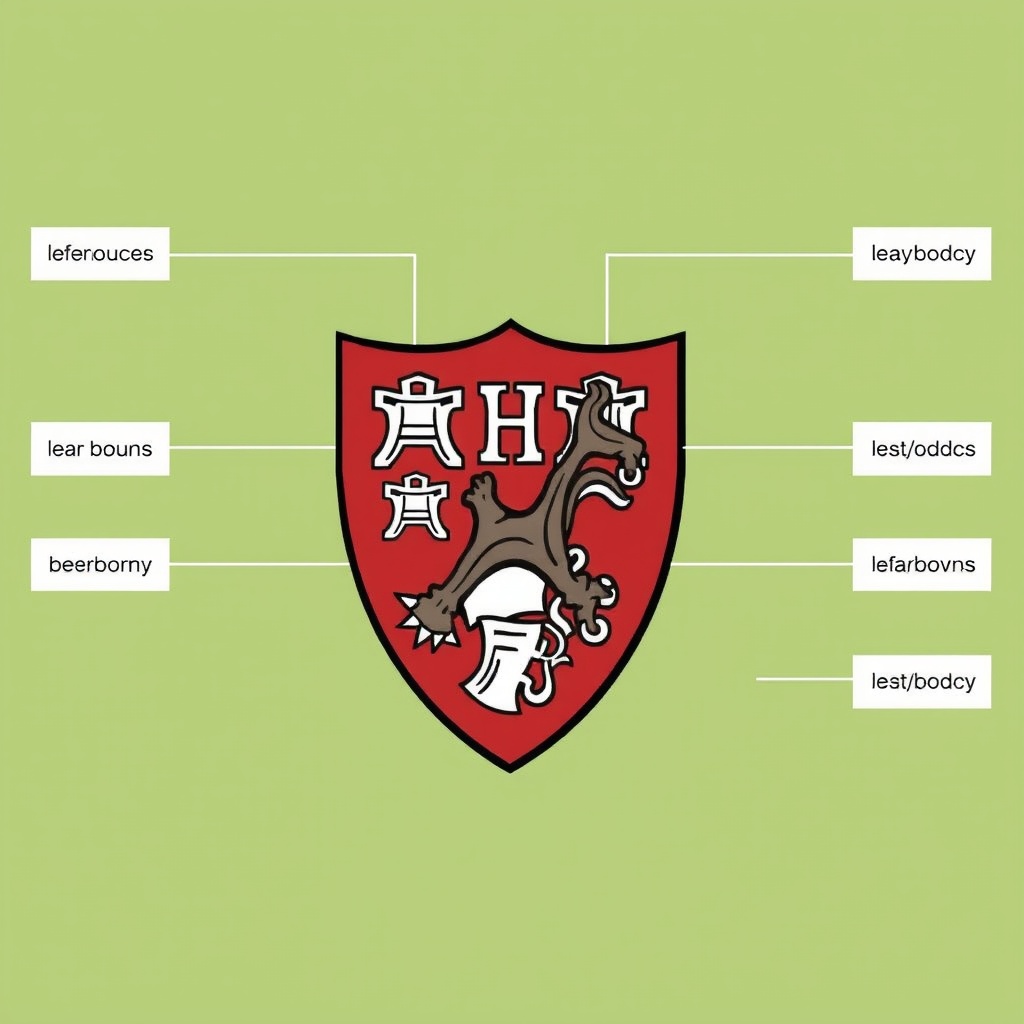Introduction
In a significant development, Harvard University has secured a crucial court victory in its ongoing battle with the Trump administration. The federal judge's ruling has far-reaching implications for the university and its funding, marking a major milestone in the institution's fight against the government's attempts to withhold financial support. This article will delve into the details of the case, exploring the background, the court's decision, and the potential consequences of this ruling. We will also examine the broader context of the Trump administration's policies on education and their impact on institutions like Harvard.
Background to the Case
The dispute between Harvard University and the Trump administration centers on the government's decision to withhold funding from the institution. The Trump administration had sought to impose certain conditions on the funding, which Harvard argued were unreasonable and unconstitutional. The university maintained that the government's actions were an overreach of executive power and an attempt to exert undue influence over academic institutions. Harvard's stance was supported by various academic and civil liberties organizations, which argued that the government's actions threatened the principles of academic freedom and autonomy.
The case is part of a larger pattern of tensions between the Trump administration and academic institutions. The administration has been critical of what it sees as liberal bias in higher education, and has sought to impose its own vision on universities through a combination of policy initiatives and funding decisions. Harvard, as one of the most prestigious and influential universities in the country, has been a particular target of the administration's efforts.
The Court's Decision
On Wednesday, a federal judge ruled in favor of Harvard University, stating that the government had overstepped its authority in attempting to withhold funding from the institution. The judge's decision was based on the argument that the government's actions were unconstitutional and that Harvard had a right to receive the funding without being subject to the conditions imposed by the Trump administration. The ruling is a significant victory for Harvard and sets an important precedent for other academic institutions that may be facing similar challenges from the government.
The court's decision has been widely welcomed by academic and civil liberties organizations, which see it as a major victory for academic freedom and autonomy. The ruling is also seen as a rebuke to the Trump administration's efforts to exert control over universities and impose its own ideology on academic institutions.
Implications of the Ruling
The implications of the court's decision are far-reaching and significant. For Harvard University, the ruling means that the institution will be able to receive the funding it needs to continue its academic and research programs without being subject to the conditions imposed by the Trump administration. The decision also sets an important precedent for other academic institutions that may be facing similar challenges from the government.
The ruling is also likely to have a broader impact on the relationship between the government and academic institutions. The decision suggests that the government cannot simply withhold funding from universities in an attempt to exert control over their academic programs or research activities. This is a significant victory for academic freedom and autonomy, and is likely to be welcomed by universities and academic organizations across the country.
In addition to its implications for academic institutions, the ruling also has significant implications for the Trump administration's policies on education. The decision suggests that the administration's efforts to impose its own vision on universities through funding decisions and policy initiatives may be unconstitutional and therefore invalid. This is a significant setback for the administration's efforts to shape the academic agenda and impose its own ideology on universities.
Conclusion
In conclusion, Harvard University's court victory is a significant development in the ongoing battle between the institution and the Trump administration. The federal judge's ruling has far-reaching implications for Harvard and other academic institutions, and sets an important precedent for the relationship between the government and universities. The decision is a major victory for academic freedom and autonomy, and is likely to be welcomed by universities and academic organizations across the country.
As the Trump administration continues to pursue its policies on education, it is likely that there will be further challenges and controversies in the months and years ahead. However, the court's decision in this case suggests that the administration's efforts to exert control over universities may be subject to constitutional limits and that academic institutions have a right to receive funding without being subject to undue influence from the government.
The ruling is also a reminder of the importance of academic freedom and autonomy in a democratic society. Universities play a critical role in promoting intellectual inquiry, critical thinking, and innovation, and it is essential that they are able to operate independently and without undue influence from the government. The court's decision is a significant victory for these values, and is likely to have a lasting impact on the relationship between the government and academic institutions.
In the end, the outcome of this case is a testament to the strength and resilience of academic institutions in the face of government overreach. Harvard University's determination to defend its autonomy and academic freedom has paid off, and the institution can now continue to pursue its mission without being subject to the conditions imposed by the Trump administration. As the academic community looks to the future, it is clear that the principles of academic freedom and autonomy will continue to be essential in promoting intellectual inquiry, critical thinking, and innovation.


Leave a comment